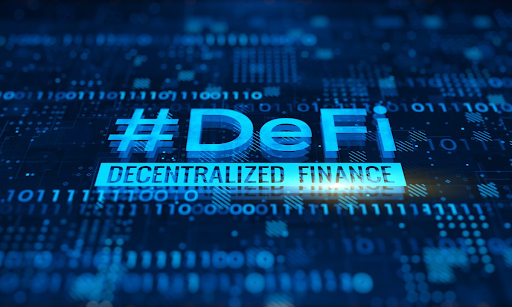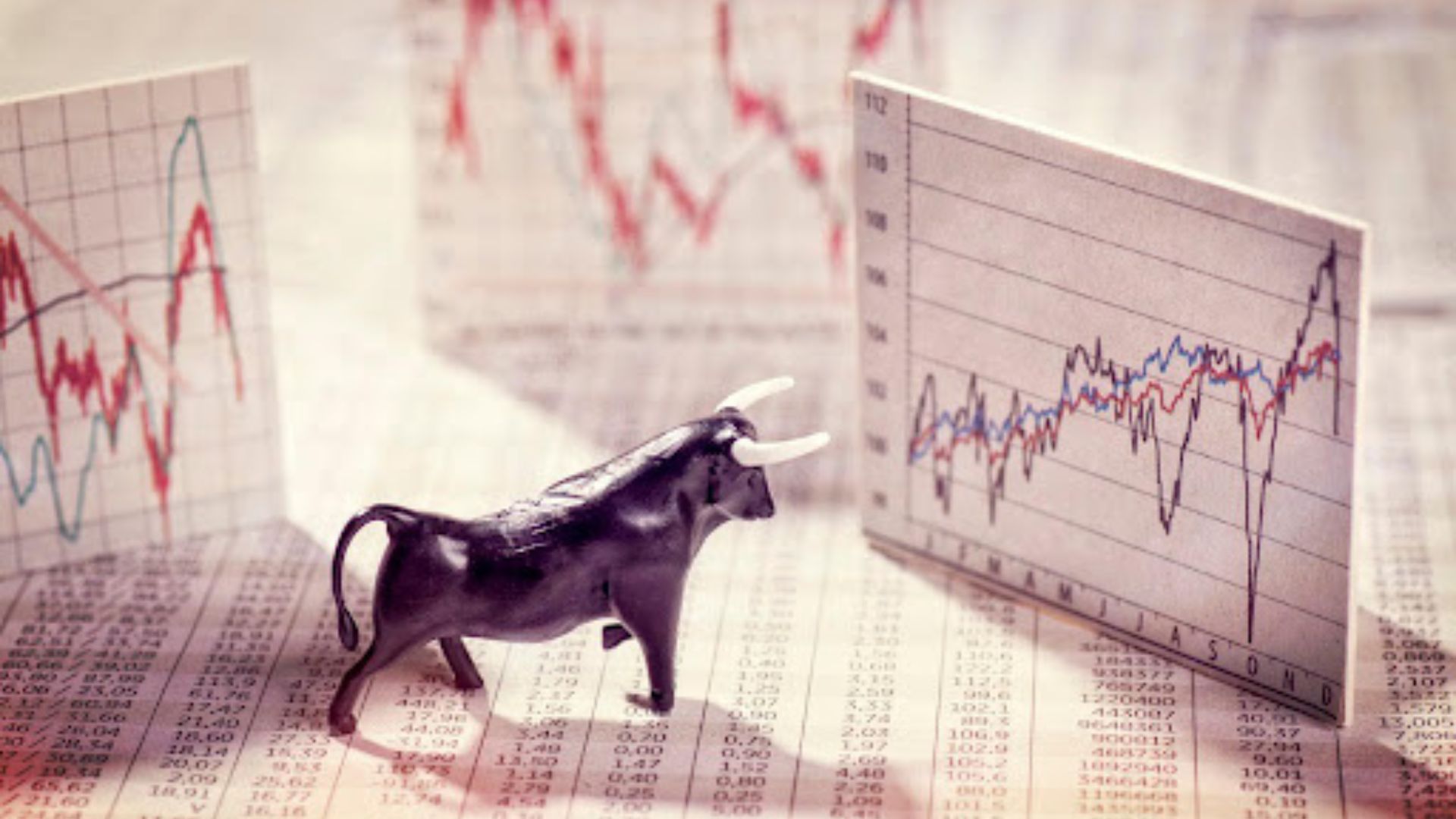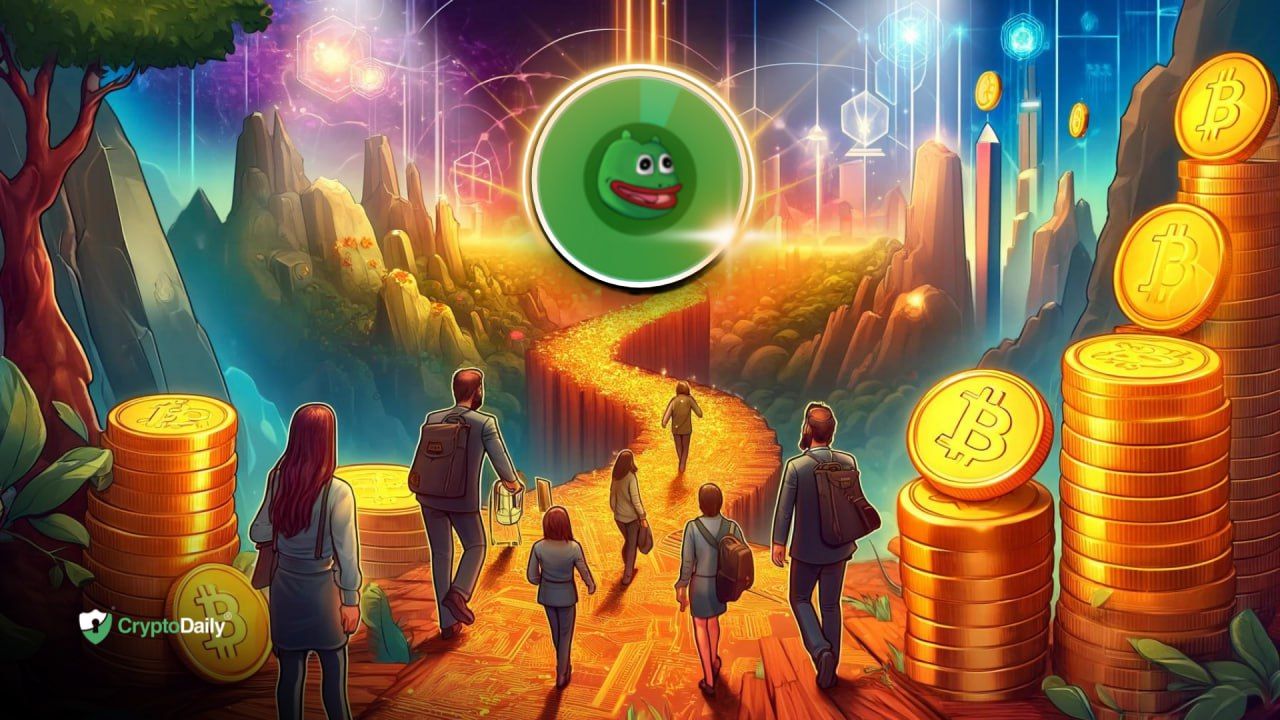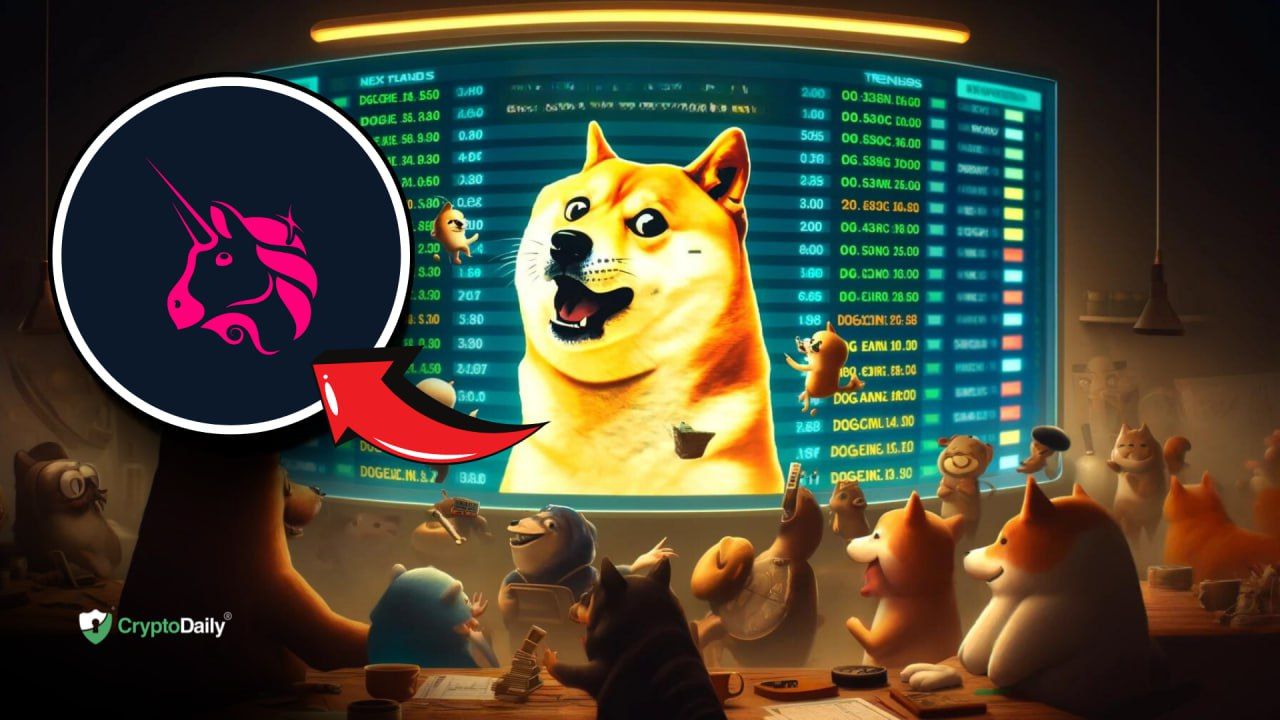Table of Contents
The crypto market has often been touted as a lucrative source of income, a narrative that has attracted both retail and institutional investors. As of writing, the total market capitalization is well over $2 trillion with Bitcoin still leading the pack. While this pioneer digital asset has been on a steady rise over the past decade, one can hardly ignore the volatile nature of cryptocurrencies.
Many investors have fallen into the trap of volatility especially when it comes to altcoins. These alternative crypto assets tend to swing by large percentages, making them quite risky as an investment. Today, several crypto investors are still HODLing ‘valuable’ altcoins that are down close to 50% in the hopes of a retrace. As much as that may be the case, it could take a while before a project reclaims its glory.
So, how can crypto investors stay afloat during bear markets? Thanks to Decentralized Finance (DeFi), there are several options to put one’s idle capital to use. This burgeoning crypto niche took the industry by storm following the debut of governance tokens, which set the stage for decentralized market ecosystems. According to DeFi Llama metrics, the market has grown to over $216 billion in total value locked (TVL) as of press time.
Like traditional finance, DeFi features a wide range of financial services, including lending & borrowing, exposure to synthetic assets and decentralized exchanges (DEXs). The latter has opened up opportunities for crypto users to trade various digital assets without going through centralized exchanges. But more importantly, DEXs have also become an avenue to generate passive income during bull and bear markets.
Building a Passive Income through DEXs
Unlike their centralized counterparts, DEXs are built as permissionless protocols. This means that anyone can access them through a non-custodial wallet such as metamask. Even better, the underlying smart contract infrastructure eliminates the need for a middleman like Binance or FTX. Crypto users who leverage DEXs to purchase digital assets also have the advantage of retaining custody over their funds, hence the famous saying ‘not your keys, not your coins’.
Besides swapping cryptocurrencies, DEXs are now providing crypto natives with an opportunity to make some extra dime. Bag HODLers who are down on their investments can stake or provide liquidity on blockchain ecosystems such as DeFiChain. This Proof-of-Stake (PoS) network is a software fork of the Bitcoin blockchain, featuring a non-custodial wallet that allows crypto users to access multiple yield-generation opportunities through the $DFI native token.
Prospective DeFi Chain users can acquire $DFI on exchanges such as Kucoin and Bittrex. Once deposited on DeFi Chain, this token enables passive income generation through staking, liquidity providing and the minting of decentralized stocks and loans. The project is also set to deploy a bridge that will enable users to transfer crypto funds from Ethereum and the Binance ecosystem.
Yield farming is another DeFi activity that can come in handy for investors looking to scale their wealth. Upcoming DEXs like Pangolin are making it simpler and more profitable for DeFi users to engage in this process. Built on the Avalanche ecosystem, Pangolin features advanced yield farms dubbed ‘super farms’; this new type of DeFi farm rewards participants with multiple tokens, creating an avenue to generate more income than what is offered on single token farms.
According to Pangolin’s Head of Strategy Stephen Novenstern, there is immense potential in super farms. Novenstern has previously touted the prospective growth curve of Pangolin’s super farms,
“Super farms are going to explode TVL and volume by compounding the ecosystem’s incentive program with the full strength of all of Pangolin’s partners.”
Going by these developments, DeFi users are no longer limited to HODLing idle funds. As highlighted, there are many alternatives to generating some extra income. Furthermore, DEXs have made it seamless to swap and access other native DeFi opportunities while operating within a single ecosystem. We can almost predict that DeFi will shape the future of finance to be a truly community-driven and incentivized market.
Looking Ahead
Despite the criticisms from traditional finance die-hards, crypto has proven to be a resilient market that could change the fundamentals of financial services. It comes as no surprise that even the big players such as Goldman Sachs and JP Morgan are gradually softening their stance towards digital assets.
As per a recent report by Goldman Sachs analysts, DeFi innovations are on the path of disrupting traditional finance based on the value proposition of blockchain technology and crypto assets,
“They also demonstrate a compelling use case for blockchains and cryptocurrency technology that should help support market valuations for these assets over time,” reads the report.
On the macro front, current geopolitical events are also supporting the rise of decentralized markets. This is evident in the ongoing Russia-Ukraine invasion where Bitcoin has become a significant asset in facilitating wealth transfer. That being the case, it is only prudent for crypto natives to explore the available opportunities before the market is saturated.
Disclaimer: This article is provided for informational purposes only. It is not offered or intended to be used as legal, tax, investment, financial, or other advice















